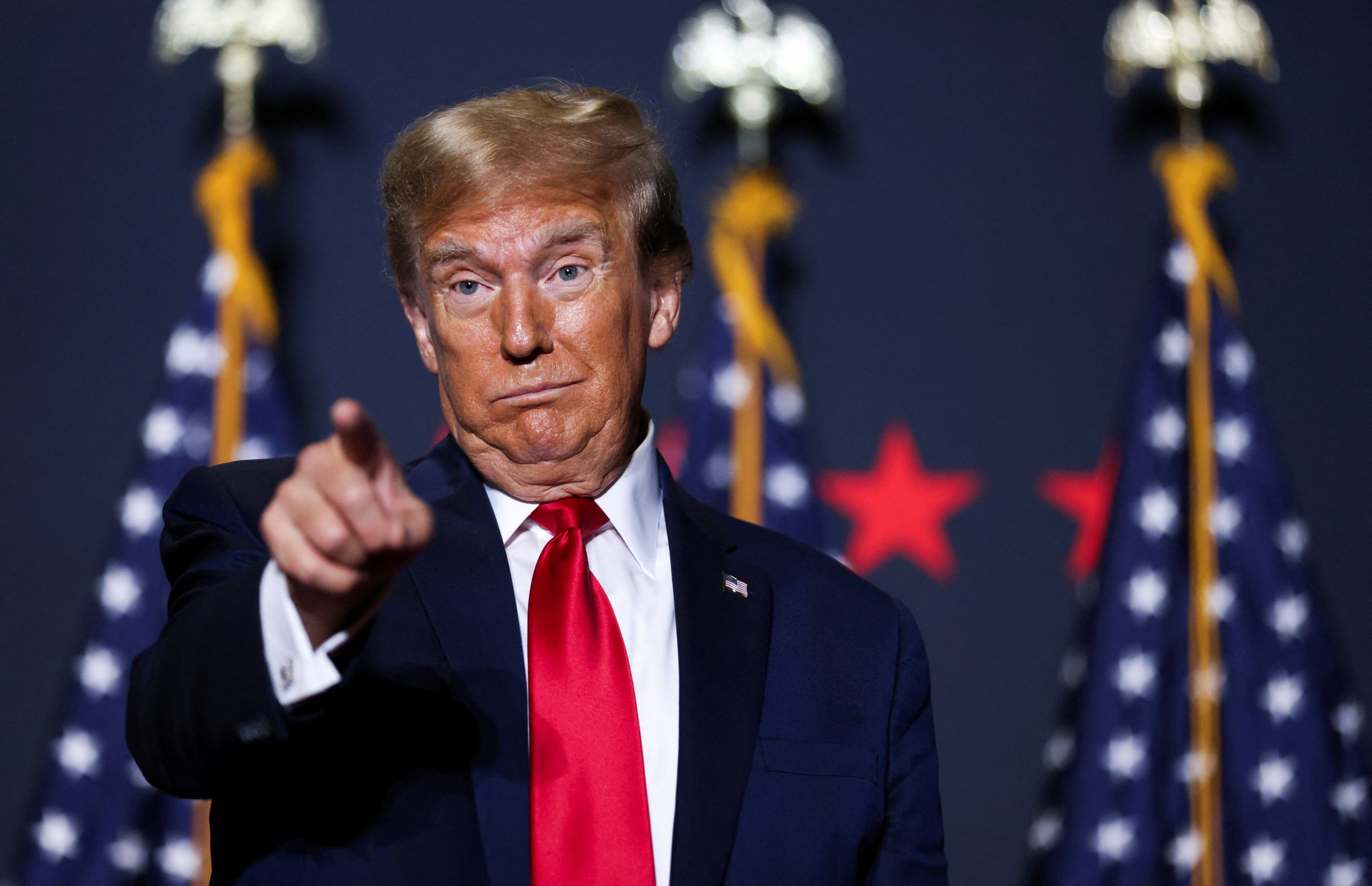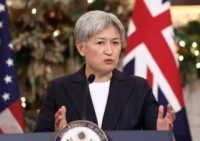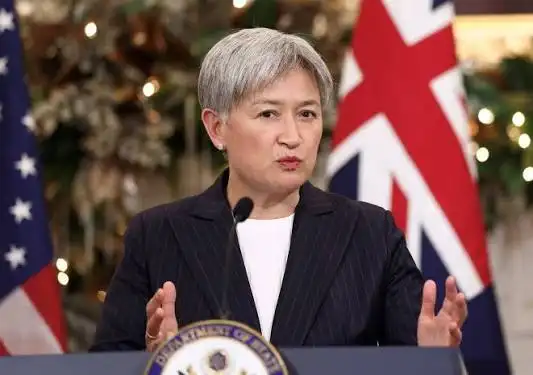President Donald Trump has announced a postponement of new tariffs, now set to take effect on August 1, 2025. This decision follows a series of previous delays and has elicited varied responses from international trade partners and domestic businesses.
In early July, President Trump sent letters to 14 countries, including Japan and South Korea, informing them of the impending tariffs. The proposed rates vary: Japan and South Korea face a 25% tariff, while countries like Laos and Myanmar are subject to 40%. The tariffs are part of a broader strategy to address the U.S. trade deficit and encourage more balanced trade relationships.
The delay has provided some relief to businesses that were bracing for immediate impacts. Retailers, in particular, have welcomed the additional time to adjust their supply chains and inventory strategies ahead of the holiday season. The extended timeline allows for better planning and potentially mitigates the risk of price increases for consumers.
However, the postponement has also introduced a sense of uncertainty. Economists and trade analysts caution that the prolonged period of fluctuating trade policies could undermine investor confidence and economic stability. The lack of clarity regarding the final implementation of tariffs has left many businesses in a state of limbo, unsure of how to proceed with long-term planning.
Internationally, the delay has been met with a mix of cautious optimism and skepticism. Japanese Prime Minister Shigeru Ishiba expressed a willingness to continue negotiations with the U.S. to reach a mutually beneficial agreement. He emphasized the importance of protecting Japan’s national interests while seeking a resolution.
In contrast, Chinese Foreign Minister Wang Yi criticized the U.S. approach, accusing Washington of “meeting good with evil” and warning that such actions could strain bilateral relations. He highlighted the potential for retaliatory measures and the broader implications for international trade dynamics.
The postponement of tariffs underscores the complex and evolving nature of global trade relations. While the additional time may offer temporary relief, the underlying issues contributing to trade tensions remain unresolved. Stakeholders across the economic spectrum continue to monitor developments closely, anticipating further policy shifts and their potential impact on international commerce.












Why delay the tariffs? Will it truly benefit the economy, or are there hidden motives at play? Curious to hear your thoughts!
I cant believe Trump keeps changing his mind on tariffs! Is he playing 4D chess or just winging it? Its a rollercoaster ride for sure.
I cant believe Trump keeps playing with tariffs like theyre a game! Will this backfire or actually benefit the economy? 🤔
I dont get why some are cheering for the tariff delay. Isnt it just kicking the can down the road? Just my two cents.